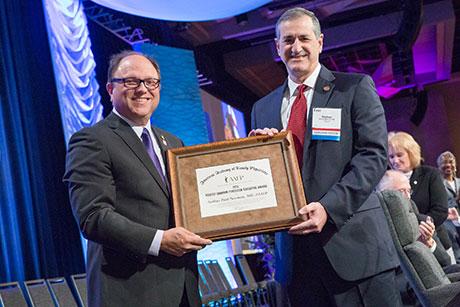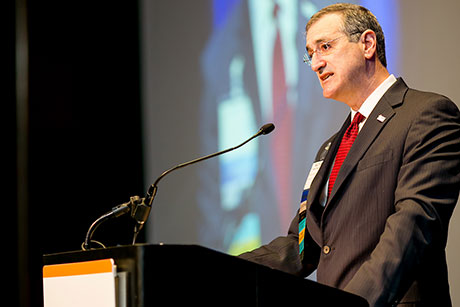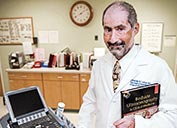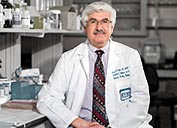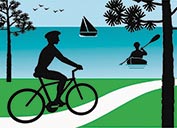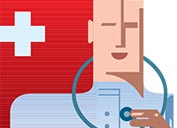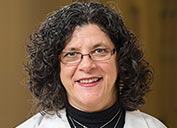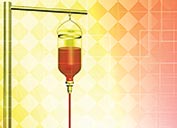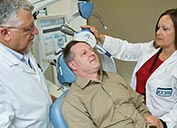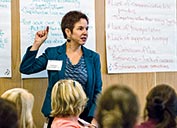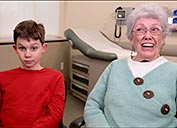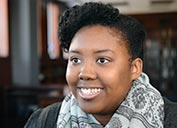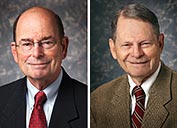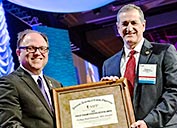MPH alumna helps bring health care to remote island paradise




Not many people could pinpoint the island of Guam on a map. Fewer would volunteer to pick up their entire life and move there.
“If you look at a map and then zoom in, and then zoom in again and then zoom in even further, you’ll see this tiny dot in the middle of the ocean,” says Stephanie (Hinton) Byrne, MPH (MPH ’12), Director of Physician Services at Guam Regional Medical City hospital. “That’s us!”
Guam is a U.S. territory and strategic military base in the South Pacific with close proximity to the Philippines and Japan. The remote island paradise has beautiful beaches and coves. It is also very sick, Mrs. Byrne says.
Poor health-care education and eating habits as well as genetic predisposition are largely to blame for the island population’s high rates of hypertension and diabetes. Native islanders often must travel off Guam in order to seek specialty care, but many cannot afford the trip.
“Guam is absolutely an experiment in public health,” Mrs. Byrne says. “I’ve pulled on my skills learned in the EVMS/ODU Graduate Program in Public Health, from policy to administration and leadership, to help combat the major health disparities and health education needs here.”
At Guam Regional Medical City hospital, Mrs. Byrne is responsible for staffing and management of the medical staff, and for working to bring state of the art equipment that staff needs to Guam. The newly opened hospital provides the island’s first stroke program complete with neurology, neurophysiology, sleep medicine and neurosurgery. It also houses the island’s first pediatric hematologist and oncologist, the first radiation oncologist and the first linear accelerator.
“I can definitely say that without having completed my MPH, I would not be where I am today,” Mrs. Byrne says. “In chatting with some of my colleagues who have MPHs from other programs — including one who is a MD-MPH from Yale — I’ve learned that my degree packed a lot more into the program than theirs did."
It was busy and challenging, she says, but what she learned at EVMS she is applying every day to her work on Guam.
“One of the doctors just said to me the other day, ‘I didn’t learn that in my MPH program!’” she says, “I think that’s a big kudos to EVMS.”

